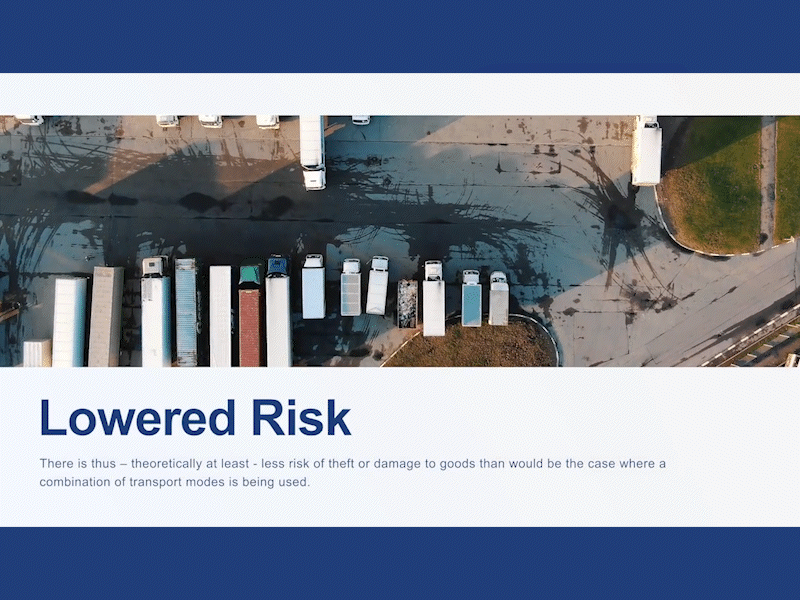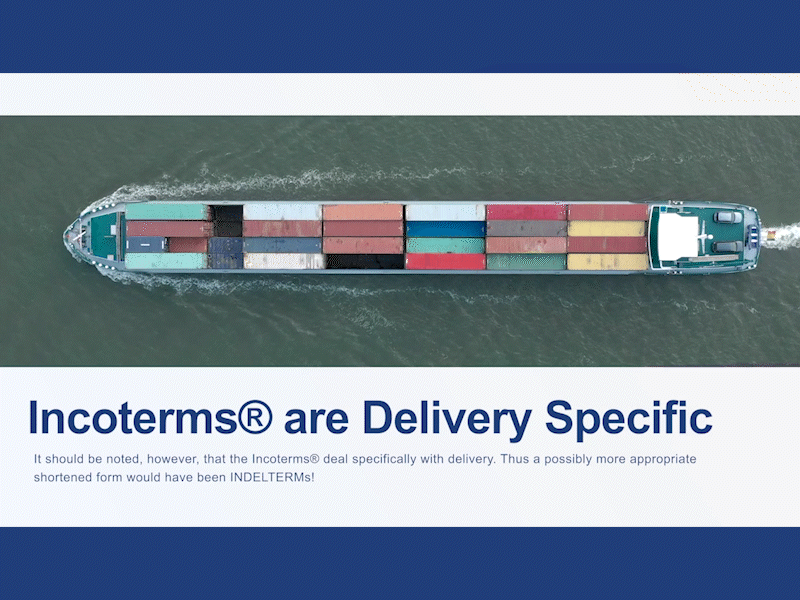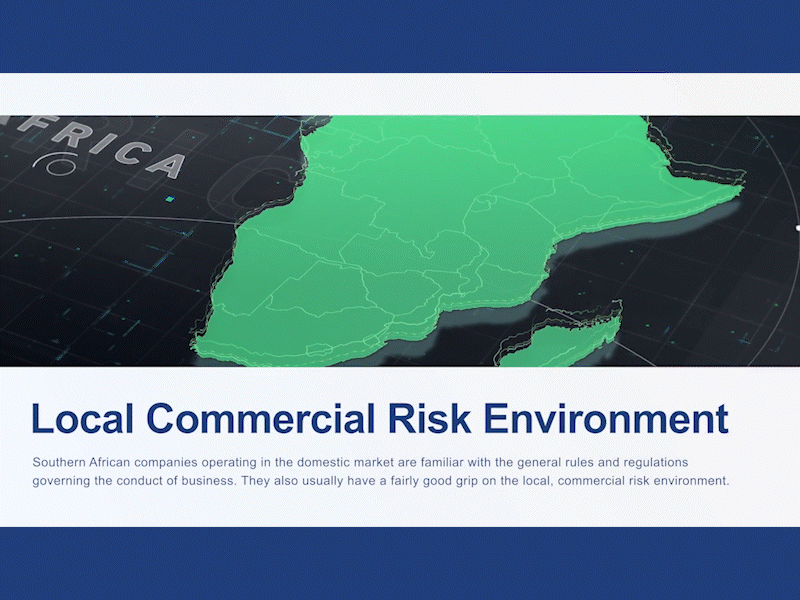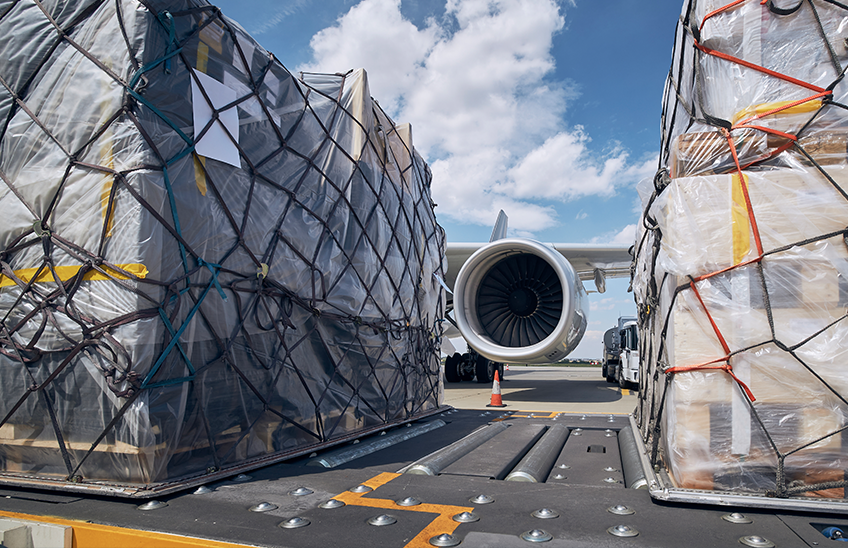Choosing the most appropriate mode of transport when exporting your goods to foreign markets significantly influences your business’s international success. However, determining whether to use sea transport, air freight, road transport, rail freight, or a combination of transport modes requires careful consideration and planning. Choosing an appropriate mode of transport when exporting products to foreign buyers will require an assessment of your product characteristics, your geographical location relative to your buyer, and the agreed-upon details of your international sales contract. Depending on these factors, the most appropriate means of transporting your goods could be to containerise your cargo. This article focuses on the container services available to shippers.

The 3 Types of Container Services Available to Shippers
1 – Full Container Load or FCL Service:
Offered by the shipping line, this service is ideal for the shipper who has sufficient cargo to meet either the weight or volumetric limitations of a 6 or 12-metre container. Arrangements are usually made for an empty container to be delivered by a container operator to the shipper’s premises, where cargo is loaded into it, and the container is subsequently sealed. The full container will then be collected and conveyed (usually by road transport as a mode of transport) to either an inland or port container terminal, from where it will be shipped and eventually delivered to its final destination, where the consignee will break the seal and unpack it.
2 – A Less than Full Container Load or LCL Service:
Also offered by the shipping line, this service enables those shippers whose consignments are not substantial enough to qualify for the FCL service to still benefit from containerisation. Shipping lines will arrange the consolidation of different shippers’ small consignments into a full container load, provided the various products are compatible, and the final destinations are all in one area or country. This consolidation will typically occur at a customs-licensed depot or a warehouse with facilities for loading or unloading containers. On arrival at the destination port, the container will be unloaded at a local customs-licensed depot by a shipping line representative. The various importers involved will be informed of the arrival of their individual consignments and will be required to customs clear them before collection.

3 – A Groupage Service:
Groupage also involves the consolidation of smaller cargoes into full container loads. However, instead of being offered by a shipping line, it is done by groupage operators (often freight forwarders), with whom shippers contract to provide an all-in-one or multimodal transport service. The groupage operator usually leases its containers from a container leasing company or a shipowner and consolidates all those compatible consignments destined for a particular area or country in one container. Consolidation takes place at a local warehouse or nearest customs-licensed depot. The FCL will then be despatched to the destination port or inland container terminal, where the container is unpacked and individual consignments delivered to each specified consignee.
The mode of transport and transportation service you eventually utilise to export your products to foreign buyers directly impacts your ability to be competitive in the international market. Thus, as an exporter, you must carefully assess all the transport services available. To ensure you understand all the essentials of the various modes of transport and their associated services, Trade Forward Southern Africa, in collaboration with the International Trade Institute of Southern Africa, has created a free and comprehensive online training course that provides training on all aspects of transporting goods internationally, including modes of transport, Incoterms® and multimodalism. Click the links below to sign up for free and get started.
To sign up to the School of Export CLICK HERE.
If you already have a profile, CLICK HERE to login to begin the module.










Leave a Reply